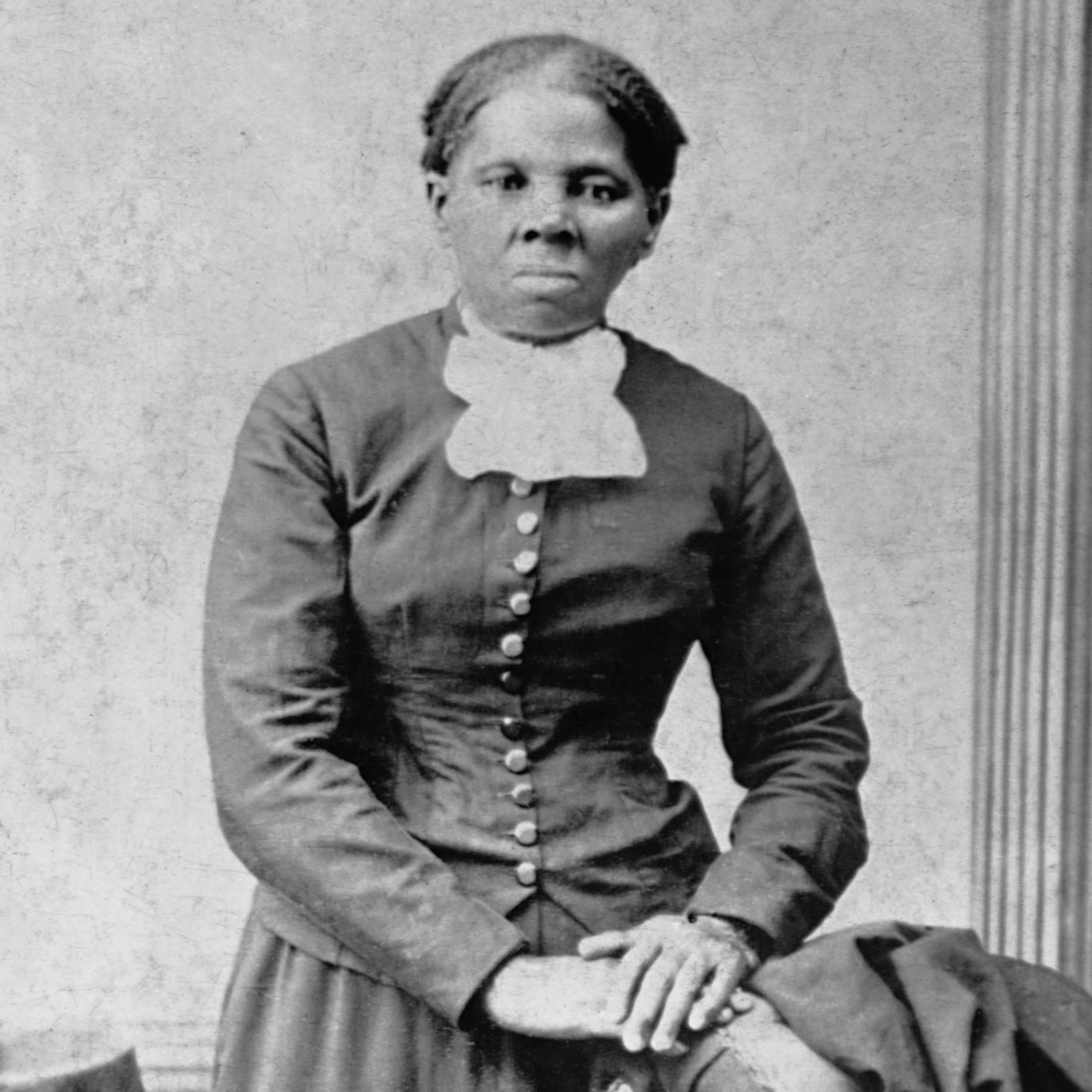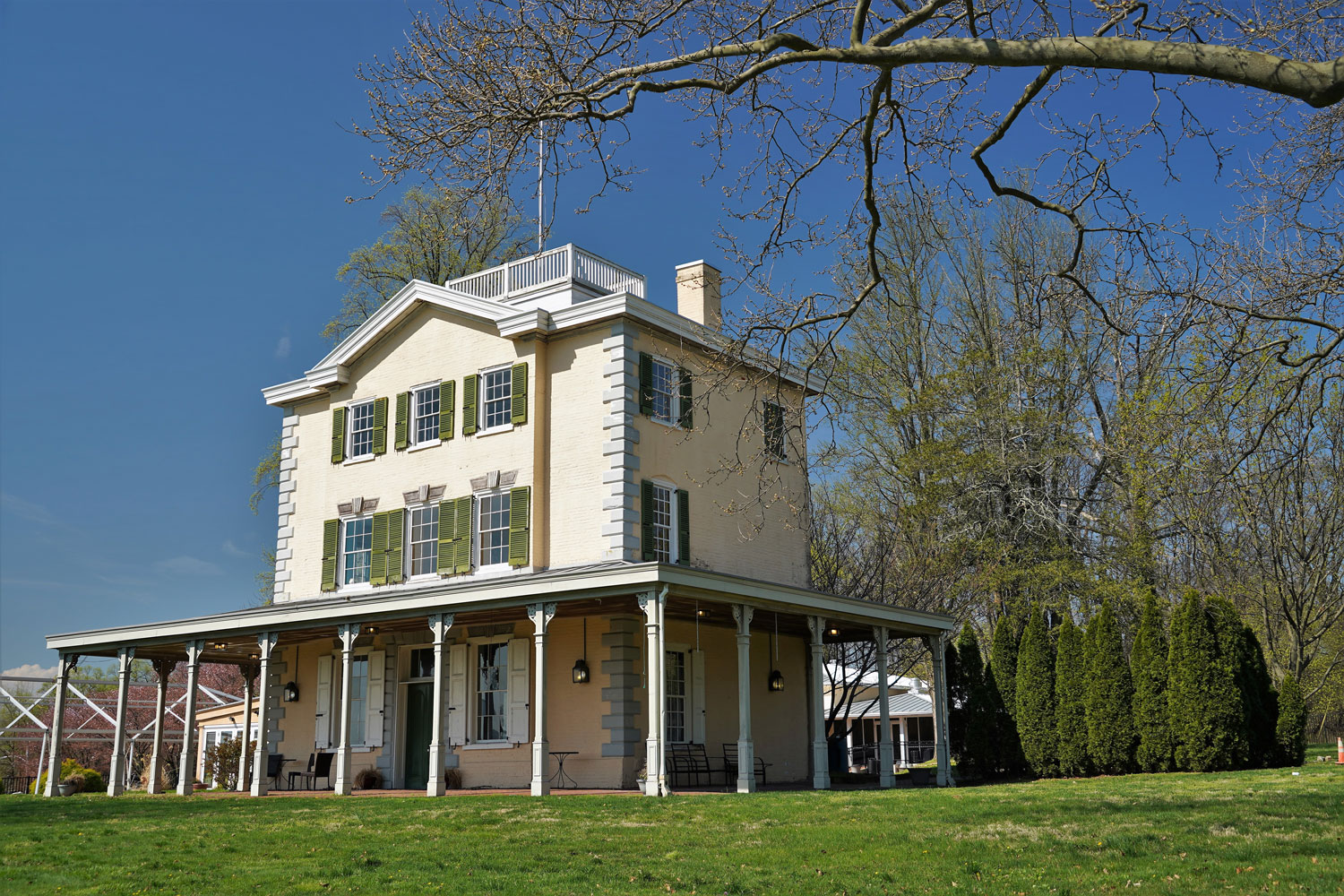Philadelphia
Getting back on track: Giving Harriet Tubman’s PA connections their due
Eight score years after the end of the Civil War, Harriet Tubman and the Underground Railroad continue to resonate throughout the commonwealth.

Wesley Wofford’s sculpture, “Harriet Tubman – The Journey to Freedom,” in front of Philadelphia City Hall. JACQUELINE TOLCOTT
The nation’s past – and Pennsylvania’s place in it – is brought up and scrutinized often these days. Case in point: Just weeks ago, the Washington Post reported that the National Park Service had edited the Underground Railroad webpage to remove references to slavery and a picture of Harriet Tubman, who made 19 harrowing trips along it to free 70 family members and friends. NPS restored the page soon after public outcry; here’s a primer in case they do it again.
From churches in Bensalem and Buckingham to meeting houses in Darby and Quakertown, Pennsylvania was seen as a safe haven for fugitive enslaved people seeking refuge, as well as a pivotal part of the larger abolitionist movement.
In 1849, Tubman found freedom in Philadelphia, the same city where African individuals and families were once brought to be sold, separated and sent off to enslavement. Still, a secret network of safehouses, churches and farms offered shelter and safety to many fleeing slavery, including Belmont Mansion in Fairmount Park and Mother Bethel A.M.E. Church.

Learning of the Underground Railroad through the Philadelphia Anti-Slavery Society, Tubman went on to help dozens escape to freedom. She also worked for Union forces in a variety of ways during the Civil War, tending to newly liberated people, nursing the wounded and scouting Confederate territory.
In April 1865, the end of the Civil War, followed by the assassination of President Lincoln, changed the course of history, and the country, forever.
That same month, in the southeast corner of the commonwealth, Pennsylvania continued to carve out its crucial position as a port to freedom. At Camp William Penn in Cheltenham Township, Tubman addressed the United States Colored Troops 24th Regiment about her service in the war and her journey to freedom.

As quoted by author Sarah Hopkins Bradford in 1869, Tubman said: “I had crossed the line. I was free; but there was no one to welcome me to the land of freedom. I was a stranger in a strange land; and my home after all, was down in Maryland; because my father, my mother, my brothers, and sisters, and friends were there. But I was free, and they should be free.”
Tubman has been honored throughout the region for her significance and place in local history. Her legacy is enshrined in a monument in Bristol, along the Delaware River in Bucks County.
And in 2022, a nine-foot sculpture, entitled “Harriet Tubman – The Journey to Freedom,” had a stint on the north apron of Philadelphia’s City Hall to mark Tubman’s 200th Birthday.
The city’s soon-to-be permanent statue of Tubman, unveiled in 2023, is scheduled to be completed in 2025.
